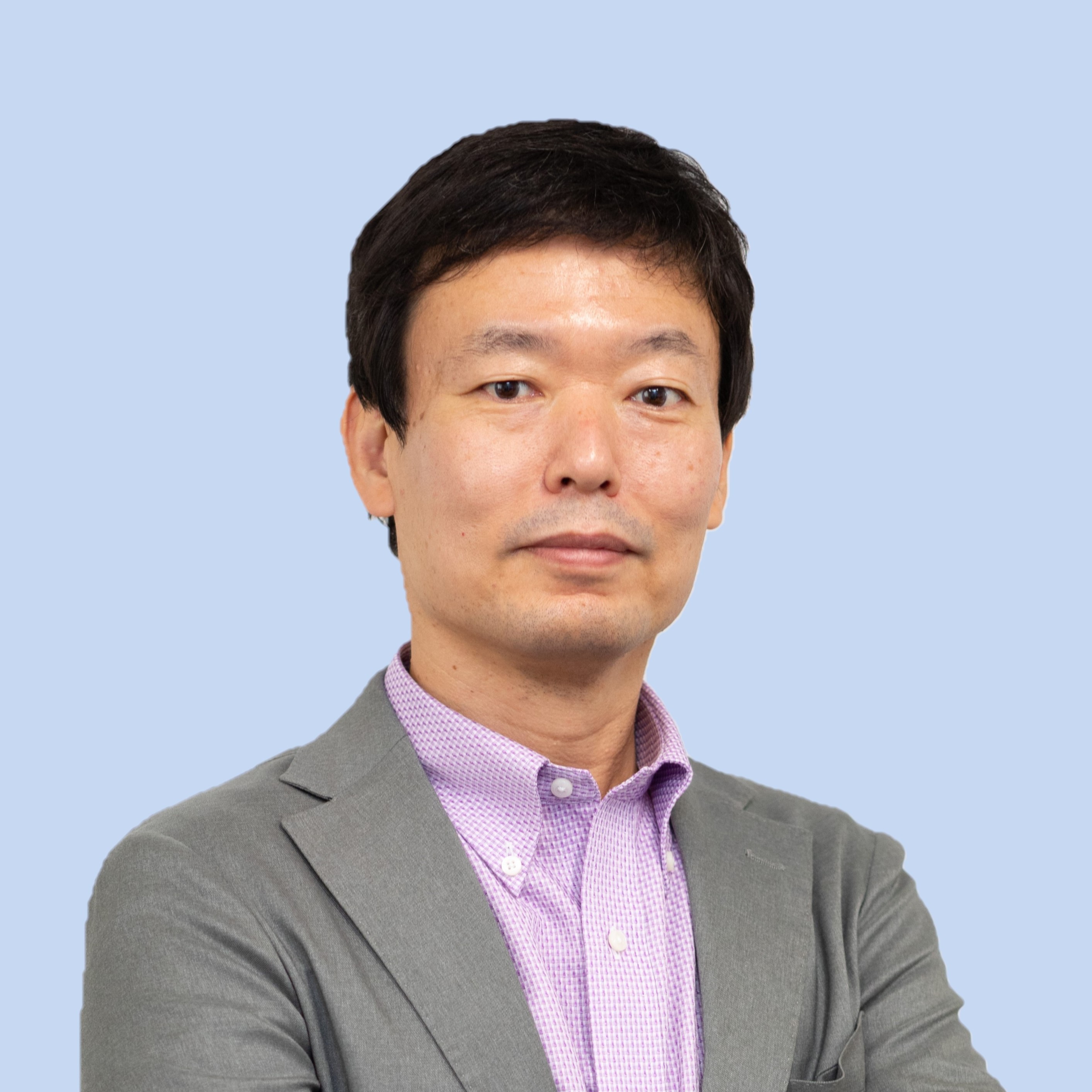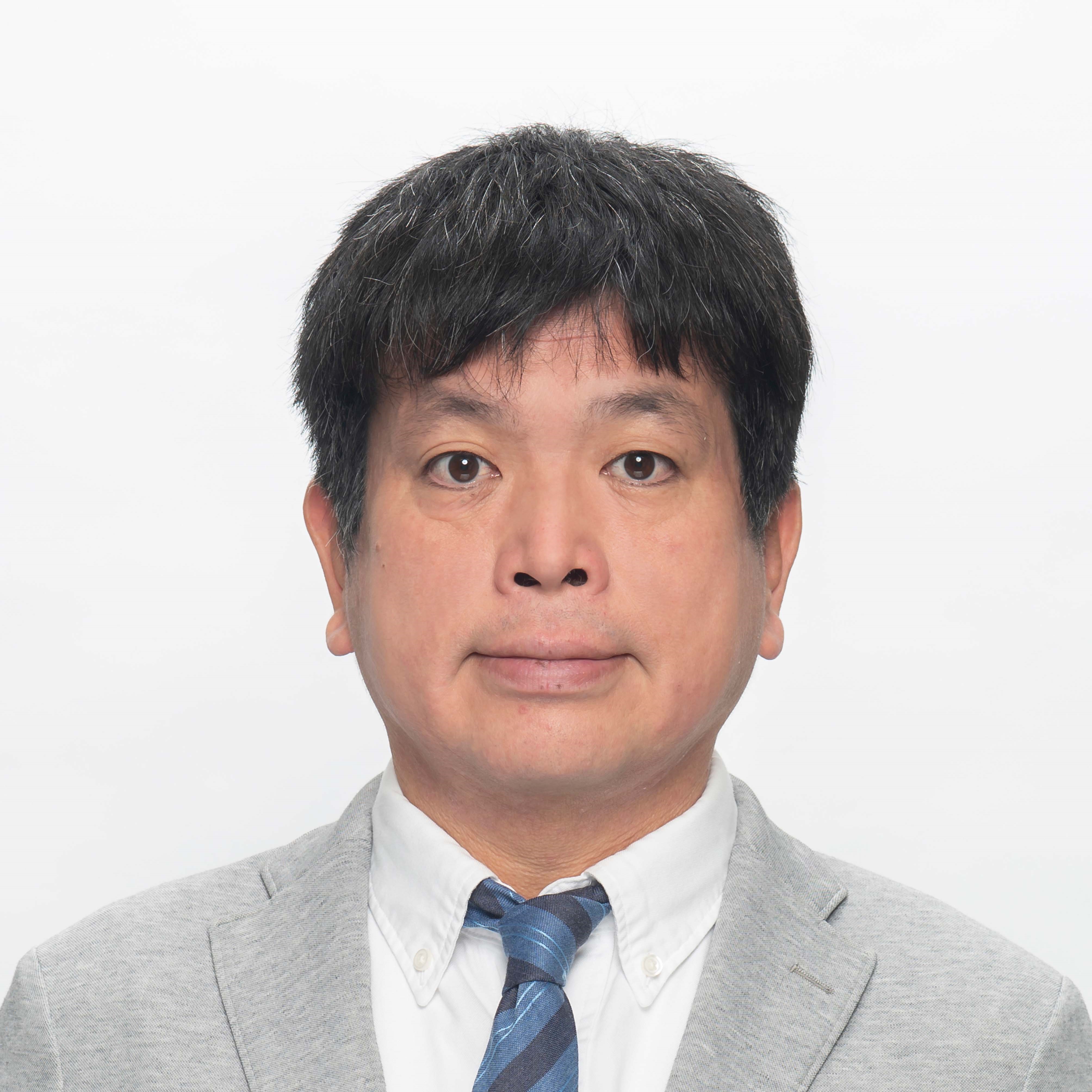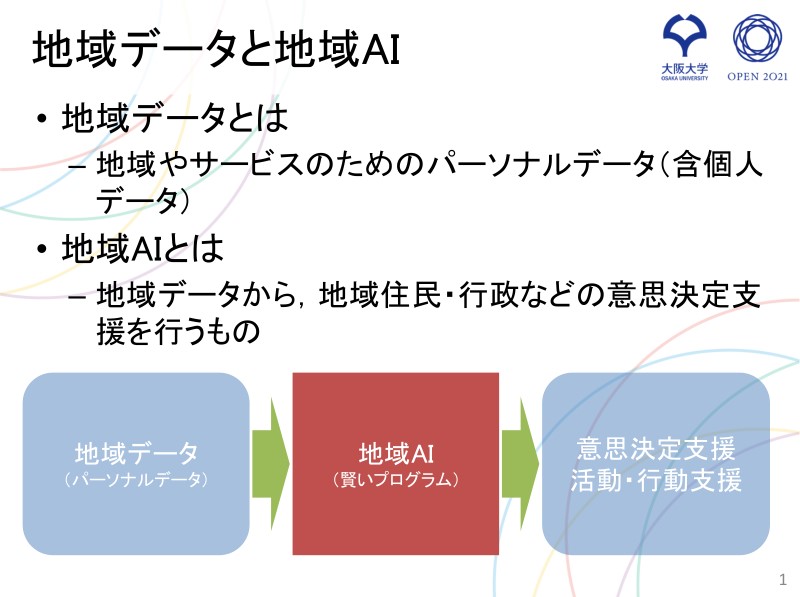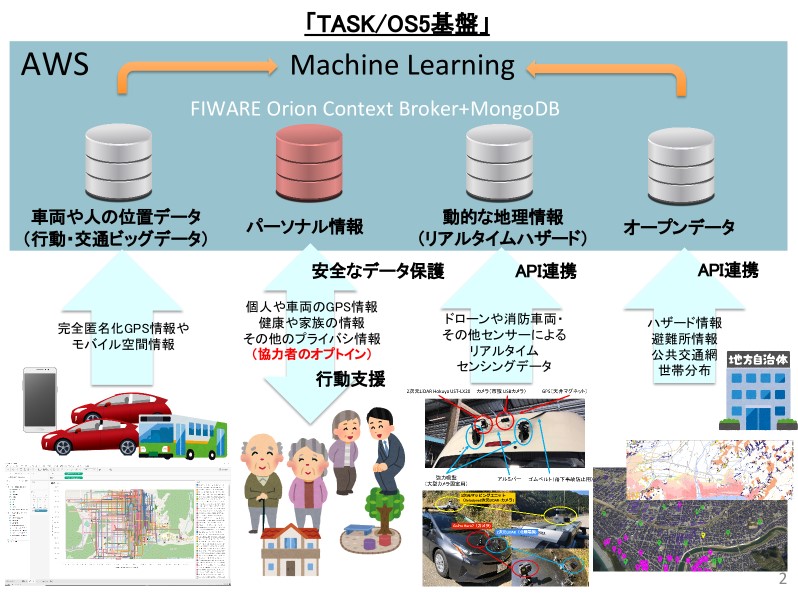
Project Leader: Hirozumu Yamaguchi
(Professor, Graduate School of Information Science, The University of Osaka, RIKEN Center for Computational Science)
Specialization:
IoT/Cyber-Physical Systems (Human location behavior sensing, wireless communication and optimization, advanced traffic systems, stream processing, distributed AI, spatial computing, etc.)
Homepage:
https://mc.net.ist.osaka-u.ac.jp/people/h-yamagu/
Group Members:
Atsuo Kishimoto: Professor, Data Ability Frontier Organization, The University of Osaka Akira Uchiyama: Associate Professor, Graduate School of Information Science, The University of Osaka Akihiro Hiromori: Associate Professor (Concurrent), Graduate School of Information Science, The University of Osaka Mineo Takai: Visiting Associate Professor, Graduate School of Information Science, The University of Osaka Teruhiro Mizumoto: Associate Professor, Faculty of Information Science, Chiba Institute of Technology Tatsuya Amano: Assistant Professor, Graduate School of Information Science, The University of Osaka Hiroki Yoshikawa: Assistant Professor, Faculty of Engineering, Kyoto Tachibana University Rizk Hamada: Special Appointed Associate Professor, Graduate School of Information Science, The University of Osaka Viktor Erdélyi: Special Appointed Lecturer, Graduate School of Information Science, The University of Osaka Manas Kala: Special Appointed Assistant Professor, Graduate School of Information Science, The University of Osaka Makoto Kudo: Special Appointed Researcher, Graduate School of Information Science, The University of Osaka Aidana Baimbetova: Special Appointed Researcher, Graduate School of Information Science, The University of Osaka Fukuharu Tanaka: RIKEN Center for Computational Science, Visiting Researcher at The University of Osaka Haruki Yonekura: Information Networking, Doctoral Program, Graduate School of Information Science, The University of Osaka Ren Oseki: Information Networking, Doctoral Program, Graduate School of Information Science, The University of Osaka Riku Nakao: Information Networking, Master's Program, Graduate School of Information Science, The University of Osaka



